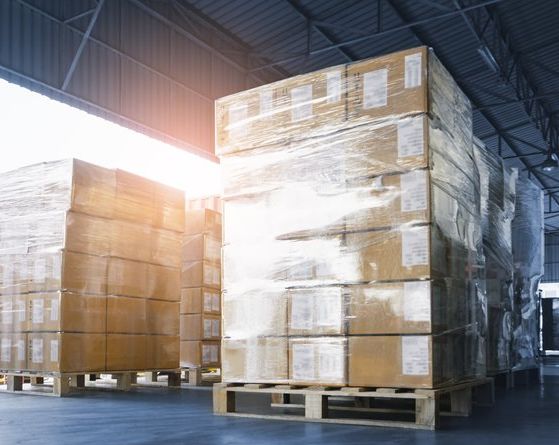Sustainability in Transportation: A Path Toward a Greener Future
Sustainability in Transportation
At Translogistics Inc. (TLI), we are committed to responsible environmental sustainability within the logistics and transportation industry. In an era where environmental consciousness is a paramount priority, we understand the vital role that sustainable practices play in shaping a greener, cleaner future, even in what has historically been considered a not-so-green industry. Our commitment to sustainability is not just about reducing our carbon footprint but also about leading the way in creating sustainable transportation systems that can serve as a model for the trucking industry.
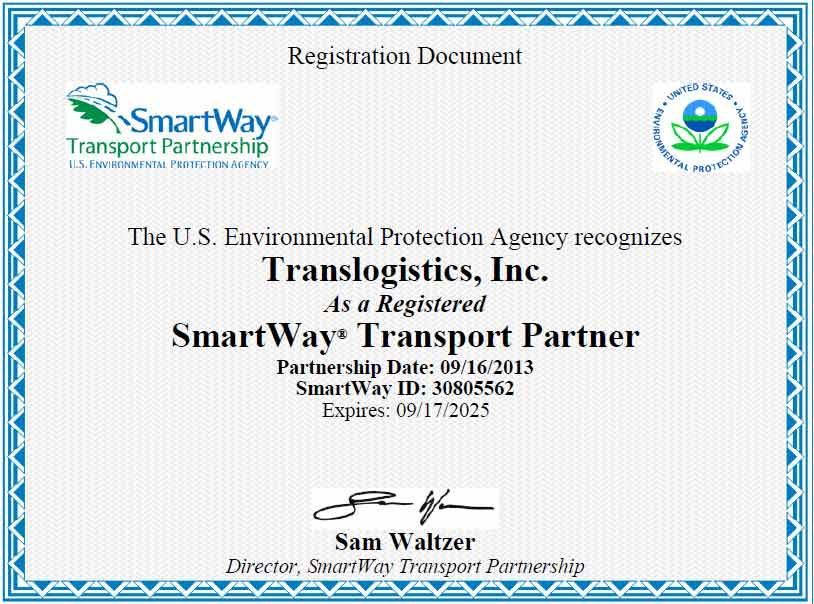
The Need for Sustainable Transportation
Transportation is one of the most significant contributors to global greenhouse gas emissions, accounting for nearly a quarter of the world's CO2 emissions. This environmental impact is a pressing concern, especially as urban areas expand and the demand for commercial transportation grows. To address this challenge, the World Bank and the United Nations have emphasized the need for sustainable development in transportation, promoting solutions that are energy efficient, reduce carbon emissions, and contribute to the creation of sustainable cities.
Sustainable Transportation Systems: A Multifaceted Approach
Sustainable transportation systems encompass a broad range of strategies aimed at minimizing environmental impact while maintaining efficiency and accessibility. These systems integrate various transportation options, including walking and cycling, public transit, and the use of electric vehicles. By promoting these alternatives to traditional fossil fuel-dependent transportation, we can significantly reduce the carbon footprint of urban areas and commercial transportation alike.
An example of this, although not directly related to the transportation industry, falls under walking and bicycle use. Walking and cycling are among the most environmentally friendly modes of transportation. They produce no emissions, reduce congestion, and contribute to healthier lifestyles. Cities worldwide are investing in infrastructure to make walking and cycling more accessible, such as dedicated bike lanes, pedestrian-friendly streets, and bike-sharing programs. These efforts not only help reduce CO2 emissions but also share a sense of community and well-being in urban areas.
Additional examples fall under Electric Vehicles and public transportation services. Electric vehicles are rapidly becoming a cornerstone of sustainable transportation. Unlike traditional vehicles that rely on fossil fuels, EVs produce zero tailpipe emissions, significantly reducing the environmental impact of transportation. As battery technology improves and charging infrastructure expands, electric vehicles are becoming a viable option for both personal and commercial transportation. Public transit systems, such as buses, trains, and trams, offer a more energy-efficient alternative to individual car use, especially when powered by renewable energy sources. By reducing the number of vehicles on the road, public transit helps lower carbon emissions and decrease traffic congestion. Investment in modern, efficient public transit systems is essential for creating sustainable cities and reducing the environmental impact of transportation.

The Role of Technology in Sustainable Transportation
Advancements in technology are playing a crucial role in making transportation more sustainable. Transportation Management Systems (TMS), for instance, are helping companies optimize their logistics operations, reducing fuel consumption, and minimizing emissions. A popular method shippers use to execute this function is through consolidating shipments together. This is normally initially deployed on the inbound vendor management freight. Consolidation can also occur beyond same-day pickups, through supply chain data. By leveraging data analytics, route optimization, and real-time tracking, Viewpoint TMS enables more efficient use of resources, contributing to the overall sustainability of transportation networks.
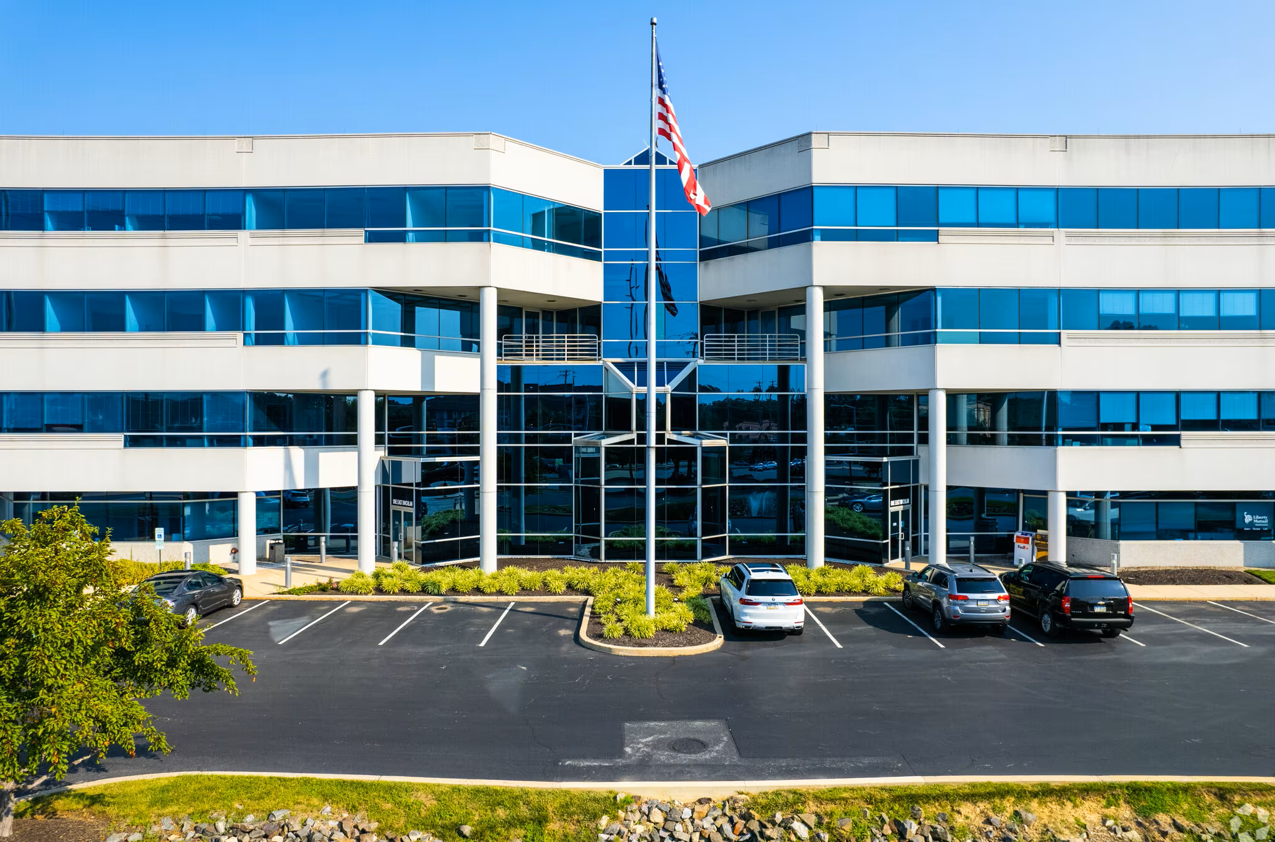
TLI’s Commitment to Sustainability
At TLI, our dedication to sustainability is reflected in our ongoing efforts to minimize the environmental impact of our operations. Since becoming an EPA SmartWay Transport Partner in 2013, we have continuously worked to eliminate the carbon footprint of shippers and optimize freight transportation. SmartWay certification signifies our commitment to environmental stewardship, and we are proud to partner with shippers who share our vision for a more sustainable future.
EPA SmartWay certification is a testament to our efforts to prioritize fuel efficiency and emission reduction. By working with carriers and strategies that focus on sustainability, we help our clients reduce their environmental impact and align with consumer preferences for responsible business practices. This partnership not only benefits the planet but also enhances the reputation of shippers as leaders in sustainability.
Optimizing Freight Transportation
One of the key ways we contribute to sustainability is by aiding freight transportation sustainability through proper mode optimization. Through our advanced TMS technology, we can analyze and optimize shipping routes, consolidate shipments, and select carriers based on their environmental performance. This approach not only reduces CO2 emissions but also leads to cost savings for our clients, demonstrating that sustainability and profitability can go hand in hand.
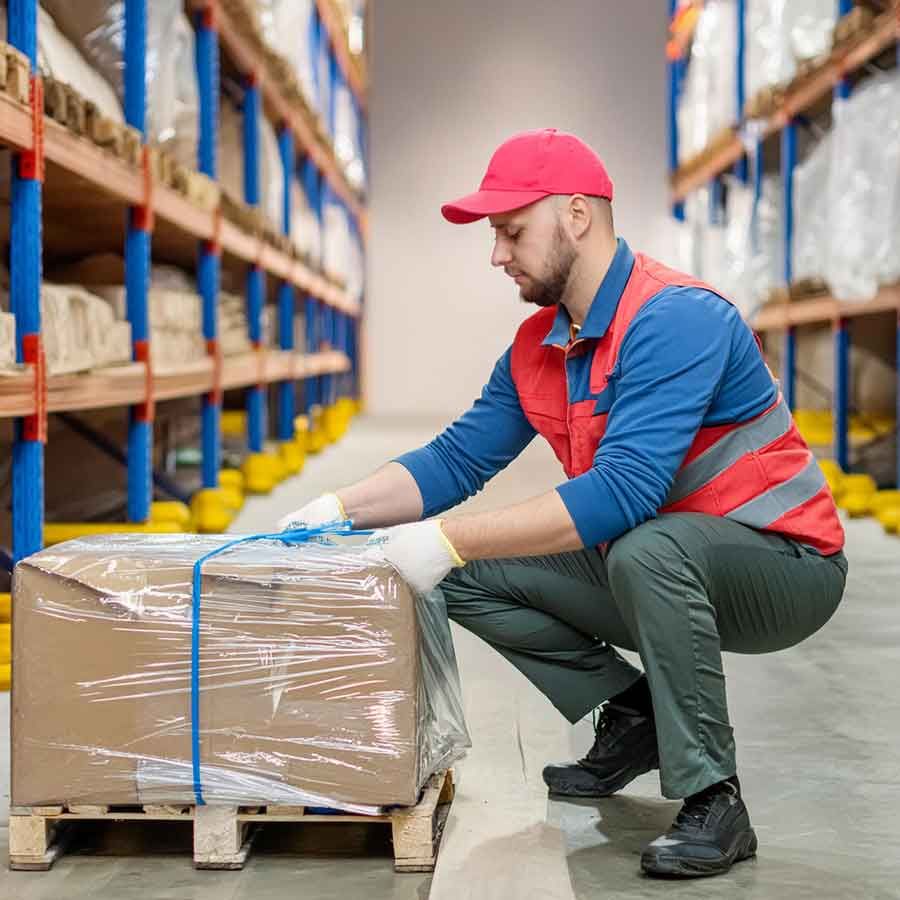
Global Push for Sustainable Development
The need for sustainable transportation is not just a local or regional issue—it is a global imperative. The United Nations' Sustainable Development Goals (SDGs) highlight the importance of creating sustainable cities and communities, with transportation playing a critical role. By reducing the reliance on fossil fuels, improving energy efficiency, and promoting sustainable transportation options, we can make significant progress together toward achieving these goals.
The Role of Urban Planning
Urban planning plays a vital role in the development of sustainable transportation systems. Cities designed with sustainability in mind prioritize public transit, walking, and cycling, reducing the need for car use and lowering carbon emissions. By integrating transportation planning with land use, cities can create more efficient, livable, and environmentally friendly urban areas.
Reducing the Carbon Footprint of Commercial Transportation
Commercial transportation, including freight and logistics, is a significant contributor to global greenhouse gas emissions. To address this, companies shipping freight must adopt practices that reduce their carbon footprint, such as using TMS technology, vendors with energy-efficient vehicles, optimizing the mode of transportation, and minimizing empty miles. At TLI, we are at the forefront of this effort, using our expertise and TMS technology to help clients reduce their environmental impact while maintaining operational efficiency.
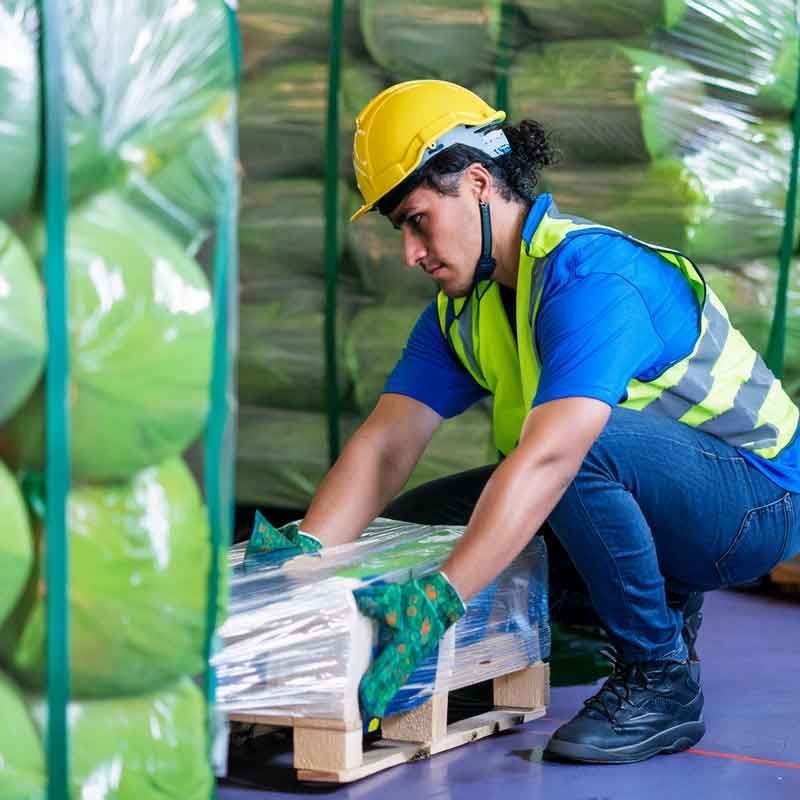
Long-Term Benefits of Sustainable Transportation
Investing in sustainable transportation isn't just about addressing today's environmental challenges; it's about laying the groundwork for long-term economic and environmental stability. By cutting our dependence on fossil fuels and lowering carbon emissions, we can help combat climate change and build a more resilient transportation network. This can be achieved through cost-effective measures like consolidation and optimization. With data-driven decision-making, TLI can analyze your historical data, ensuring the right mode of transportation was used, the least-cost provider was selected, and opportunities for shipment consolidation were identified—all aimed at providing actionable insights with clear cost benefits.
Sustainable transportation can yield substantial economic advantages, including reduced fuel costs, greater efficiency, and enhanced competitiveness. For example, consolidating two LTL shipments, especially when near the minimum charge threshold, can result in significant savings. Many vendors prioritize quick shipments over economic efficiency, particularly with inbound raw materials. Companies that adopt sustainable practices often see a positive return on investment, as consumers increasingly favor businesses that prioritize environmental responsibility.
The environmental benefits of sustainable transportation are undeniable: reduced carbon emissions, lower air pollution, and a smaller overall environmental impact. By embracing these practices, we can protect natural resources, preserve ecosystems, and contribute to a healthier planet for future generations. Sustainable transportation also brings social benefits, such as improved public health, less traffic congestion, and a better quality of life in urban areas. We all share responsibility in creating cities that are more walkable, bikeable, and transit-friendly which helps build stronger communities and promotes social harmony. Additionally, employees often take pride in working for a company partnered with a SmartWay Transport Partner like TLI, further boosting morale and corporate reputation.
A Call to Action
Sustainability in transportation is not just an option—it is a necessity. As we face the challenges of climate change and urbanization, the need for sustainable transportation systems has never been more urgent. At TLI, we are committed to leading the way in this transformation, using our expertise, TMS technology, and motor carrier partnerships to create a greener, more sustainable future for all.
We invite shippers, carriers, and 3PL logistics providers to join us in this mission. By embracing sustainable transportation practices, we can reduce our carbon footprint, protect the environment, and build a more sustainable world for future generations. Together, we can make a lasting impact—one that benefits not only our industry but also the planet we all share.
TLI Insights
Get the latest logistics insights and tips from Translogistics’ award-winning team. Stay ahead in transportation planning.
Questions? Email us at marketing@tli.email



